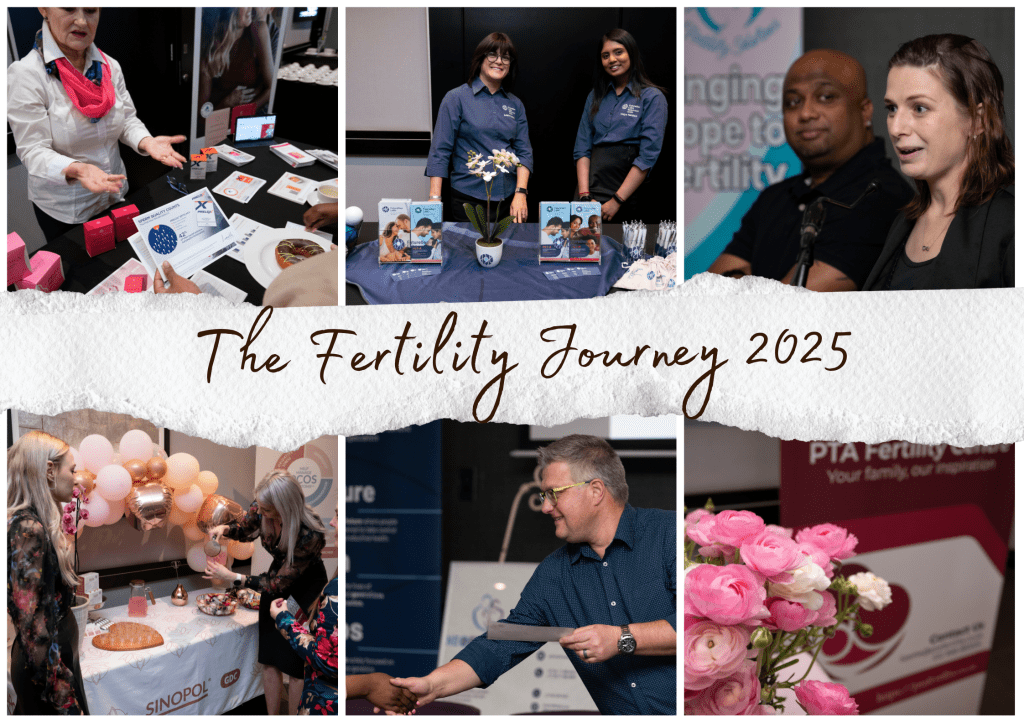A nutritious diet in the lead up to conception will boost both your chances of success, and the
future health of your baby. Egg health, sperm health, ovulation, and implantation are all
impacted by our diet and lifestyle. So how can we optimise these areas when it comes to both
male and female fertility?
- EGG HEALTH: When it comes to minimizing damage and oxidative stress for egg health,
emerging evidence suggests that there are some key dietary strategies that play an
important role. These strategies include increasing antioxidant intake, increasing
omega-3 intake, and ensuring adequate zinc intake. The use of coenzyme Q10 (CoQ10)
is also increasingly common, particularly for older women, as emerging studies are
suggesting that CoQ10 may assist in suppressing age-induced oxidative stress. - SPERM HEALTH: Sperm provides 50% of the genetic material for the formation of your
baby, so what your partner eats in the lead-up to conception will impact your baby’s
future health as well. Key considerations for optimising male fertility include optimising
weight and avoiding alcohol intake. Also: zinc, folate, and omega-3 are specific nutrients
that men should focus on, as there is mounting evidence that they play a role in sperm
health and male fertility. - OVULATION: One of the most common barriers to conceiving is ovulatory dysfunction.
This includes irregular ovulation and anovulation (not ovulating at all). Body fat levels
are one of the most important considerations for ovulatory dysfunction as body fat
impacts the amount of estrogen that your body produces, which in turn impacts when
you ovulate. So, if you have ovulatory dysfunction, consider optimising (gaining or
losing) your levels of body fat. - IMPLANTATION: To optimize implantation, both a thick uterine lining and low levels of
inflammation are required. Key nutrients for increasing implantation rates are omega-3,
zinc, and melatonin. Anti-inflammatory dietary strategies include incorporating 7-10
servings of fruit and vegetables per day, choosing wholegrains, adding in more healthy
fats like olive oil, and eating fish or seafood at least twice weekly.
Looking at your diet and lifestyle is a key part of preparing for conception. This includes getting
blood work done to check your nutritional markers, optimising your weight, starting the correct
nutritional supplements, and managing any dietary conditions that you may have. If you feel
you need some guidance, working with a Registered Dietitian might be just the place to start!
This article was provided by Sonia Malczyk, a Registered Dietitian certified in Fertility and
Prenatal Nutrition. Her private practice, Stir Health, focuses on nutrition during the First 1000
Days of life: from pre-conception all the way through to toddler hood.






